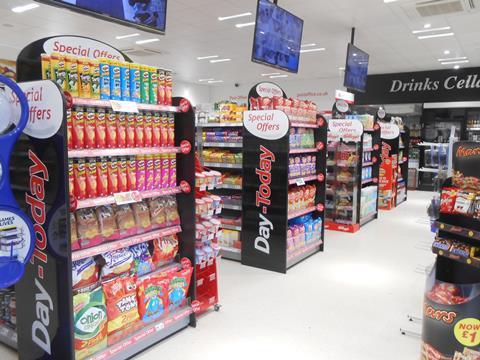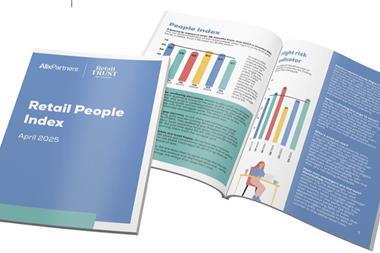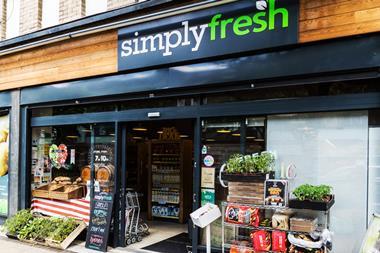
The Association of Convenience Stores (ACS) has warned that restrictions on the siting of certain foods in stores will have a detrimental impact on as many as one in five businesses in the sector.
Following a consultation on the issue, the Department for Health & Social Care published its plans for restricting placement of certain high fat, salt and sugar products at in store entrances, the end of aisles and at tills, as well as banning mechanisms like ‘buy one get one free’ deals.
The products that cannot be promoted or located in certain parts of the store are based on Public Health England’s Nutrient Profiling Model and are expected to be confirmed shortly.
These new rules are scheduled to take effect from April 2022, with regulations tabled in October 2021.
Although the restrictions will not apply to stores under 2,000 square feet in size or run by a business with fewer than 50 full-time equivalent employees, but with franchise or symbol group stores deemed to be part of the larger brand owner business, the ACS warned that they will still impact between 5,000 and 10,000 convenience stores in the UK.
ACS chief executive James Lowman said: “ We are pleased that our case for exempting small stores has been accepted in principle, but based on how we expect these to be interpreted we estimate that these restrictions will still apply to between 5,000 and 10,000 convenience stores depending on the definition used for franchises. We are concerned that the government’s consultation response does not show an understanding of the independence of symbol group retailers.
”These retailers are now facing difficult decisions on how to lay out their stores, despite little evidence that these restrictions will be effective. For many communities, the convenience store is not only the last remaining shop but the last remaining service, and every new bureaucratic burden makes life harder for them and ultimately threatens the provision of all of the goods they sell, including healthy food options which are a growing part of the convenience store offer.”
Lowman also warned that more information on promotional mechanisms was needed and that there would be a knock-on effect on the supply chain due to these restrictions.
“Even for the majority of convenience stores that will thankfully be exempted from location restrictions, there will be changes to the way that promotions are configured by them, their wholesalers and manufacturers. We are working to clarify exactly which mechanisms will be outlawed beyond the oft-quoted “buy one get one free” deals that are actually very rarely used in our sector. While we are pleased to have worked effectively with government to mitigate the impact of these restrictions, we should be clear that today we have reached a new level of government intervention in the way our members trade.”











![WG-4003[58]](https://d2dyh47stel7w4.cloudfront.net/Pictures/274x183/4/5/1/353451_wg400358_6083.jpg)
















No comments yet